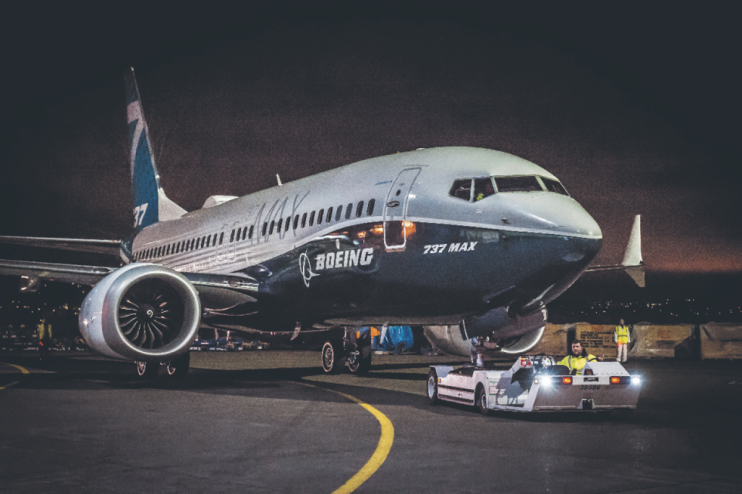
Boeing’s net losses narrowed in the first quarter of the year in an early sign the US planemaker may turn a corner this year.
The firm reported a net loss of $31m (£23.3m) in the three months ended March, down from $355m the year prior.
Core losses per share came in at ¢49, well ahead of a Wall Street forecasted loss of $1.21.
Boeing delivered 130 commercial airplanes over the quarter, the highest total since 2023, alongside a ramp up of 737 production to nearly 38 per month
The division still lost $537m overall though and has reported an operating loss in 21 of the last 22 quarters.
“Our company is moving in the right direction as we start to see improved operational performance across our businesses from our ongoing focus on safety and quality,” said Kelly Ortberg, Boeing president and chief executive officer.
“We continue to execute our plan, are seeing early positive results and remain committed to making the fundamental changes needed to fully recover the company’s performance while navigating the current environment.”
Boeing shares are down more than five per cent this year to date, less than the stock of its rival Airbus, which has fallen around 13 per cent.
The Airlington-headquartered manufacturer’s quarterly results are the first since it reached a settlement striking machinists last year.
“While the company continues to lose money and burn through cash, the actual results in Q1 were not as poor as feared,” Peter Mcnally, global sector lead at Third Bridge, said.
Its commercial airplanes business, which holds around 40 to 42 per cent of the global market share, has been under immense pressure amid safety concerns following last year’s Alaska Airlines flight incident.
Donald Trump’s trade war has inflamed the situation further, with China last week halting Boeing jet deliveries.
Ryanair, Boeing’s largest customer, has warned it could delay aircraft deliveries if tariffs drive up prices, as airlines and manufacturers grapple over who should front the additional cost.
Boeing has found some relief from its planemaking woes via its defence segment, which returned to profitability on Wednesday amid increasing global defence spending.



